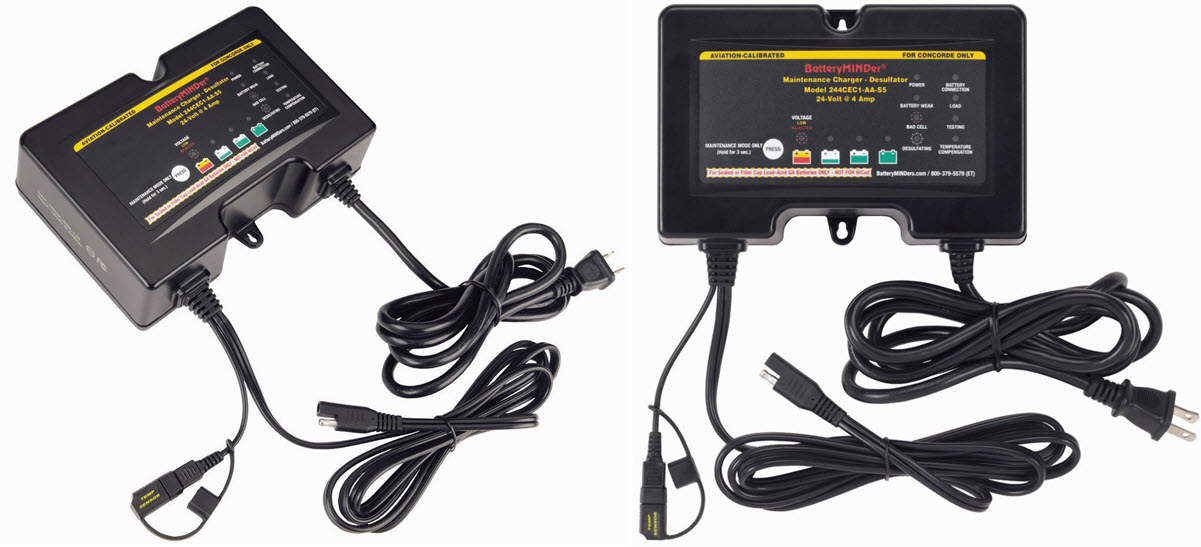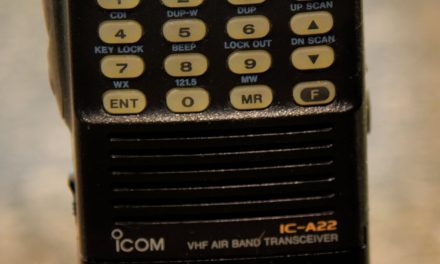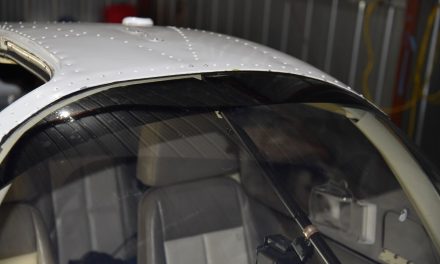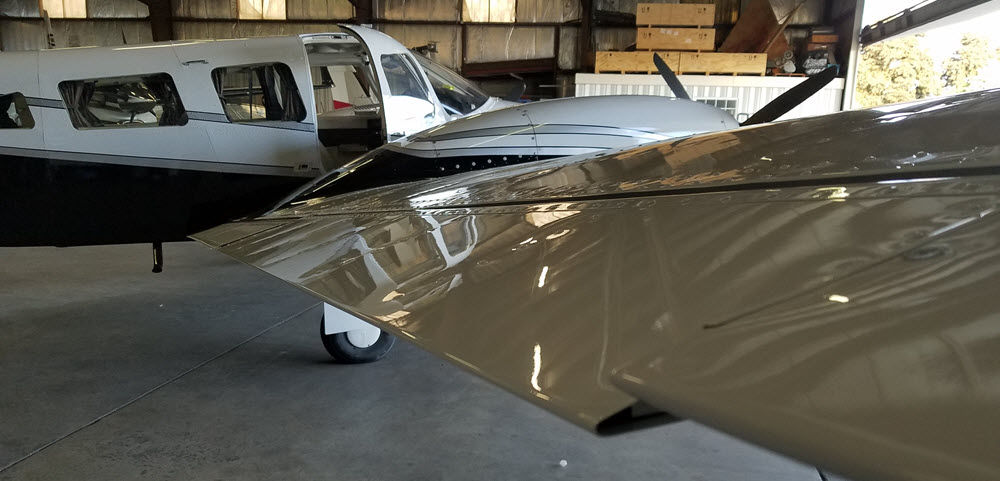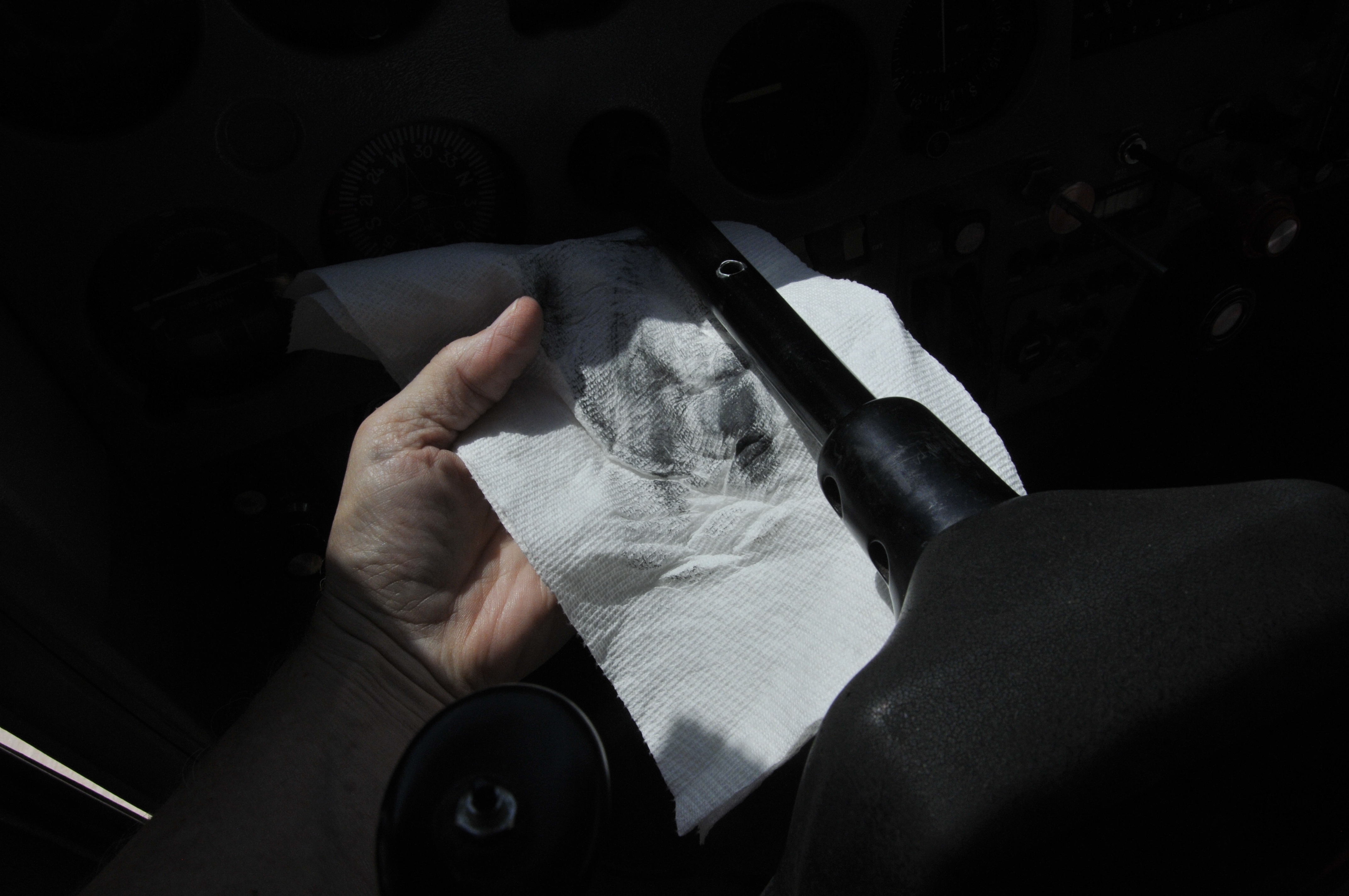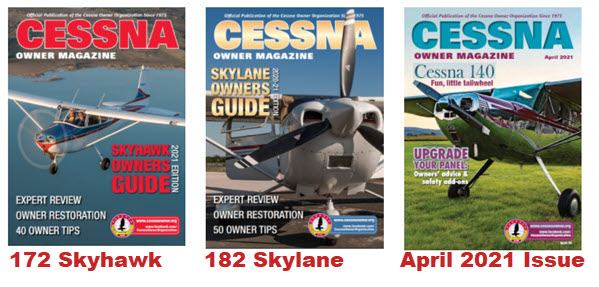By Mike Jones, Cessna Owner Organization Aviation Director
I stopped for fuel and to eat a sandwich after a two-hour flight, and somehow, in that half hour to forty five minutes, the master was left on! Maybe it was the distraction of the lighted sign that said “No Fuel Wait for Truck!” It was self-service, so I tried anyway and was able to fill up! I felt lucky eating that sandwich! But jumping back into the aircraft, NADA. Not even one rotation.
The only other person was a part timer who was there to meet the fuel delivery truck. It arrived in the next five minutes! He informed me they had NO MAINTENANCE SERVICES ON THE FIELD! But he could drive me to an Auto Zone to get jumper cables.
Having no other options, we drove out, picked up cables, and returned. Knowing it is never a good idea to jump a dead battery in your airplane (it should be removed and properly charged) I was really hesitant, so I thought that after the battery rested for the half hour or so, I should try it again.
Lo and behold, I managed two or three turns and thankfully it started! I completed my flight from Cape Cod to Kenosha, Wisconsin, including another stop, with no issues. However, my A&P capacity tested the battery three times when I returned and he could never get more than 10% life out of it!
I was hoping to avoid a situation like this by using a battery maintenance charger between flights. Attending an AirVenture battery forum, it was recommended to use such a charger to extend battery life, and specifically, the BatteryMINDer® for Concorde batteries, my battery of choice. In that discussion it was suggested that the charger could be left on the battery between flights 24/7 with no worries. I purchased the BatteryMINDer® model specifically for Concorde batteries, and purchased a quick connect kit to easily connect the BatteryMINDer® between flights. Since I do not get to the airport as often as I would like, this seemed like a good approach to keep my battery in top condition.
However, just because the battery will start the aircraft does not mean it has enough capacity to navigate, communicate, and safely get the aircraft on the ground in the event of an alternator failure! With no more than 10% capacity, I had to replace my battery and, in doing so, my A&P remarked that I really should NOT attach the BatteryMINDer® 24/7 after every flight! I thought that was a strange comment not only because of the seminar recommendation, but also because of this statement right in the BatteryMINDer® instruction manual: “Maximum performance and extended battery life require full-time continuous maintenance and desulfation.” It is also marketed with the statement, “cannot overcharge regardless of time or temperature.”
When I received the new battery from Concorde, it also came with a pamphlet on how to get the longest life out of your battery. It specifically states, “When a maintenance charger is used, 24/7 charging is not recommended and may reduce the battery’s life. A weekly or a monthly charge for 24-48 hours is normally sufficient when using a maintenance charger.”
So, like using a credit card, constantly charging it might not be the best idea in the long run! Needless to say, I will be modifying my use of the BatteryMINDer®. I did call BatteryMINDer® technical support to get their view. They acknowledged that long term use allows the desulfating feature to do its job, but that extended use can be an issue especially if the ambient temperature is above 80 degrees. Their best suggestion: use a timer to activate the charger at intervals based on my battery usage and state of charge over time. I think I’ll take Concorde’s advice and start with 48 hours once every two weeks and see how that goes. Yes, my 5 year old battery was able to start the aircraft, but clearly it did not have the capacity to do much else! If you are using a maintenance charger between flights 24/7, you may want to go the timer route too. It is also not a bad idea to have your battery capacity tested at annual, especially if you fly IFR.
Mike Jones is the Cessna Owner Organization’s Aviation Director. He holds Commercial Pilot Certificates for both Airplane and Helicopter, is a Commercial Pilot for Unmanned Aircraft, is instrument rated, an active CFI, and has received the FAA Wright Brothers Master Pilot Award summer of 2024.

